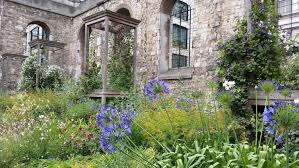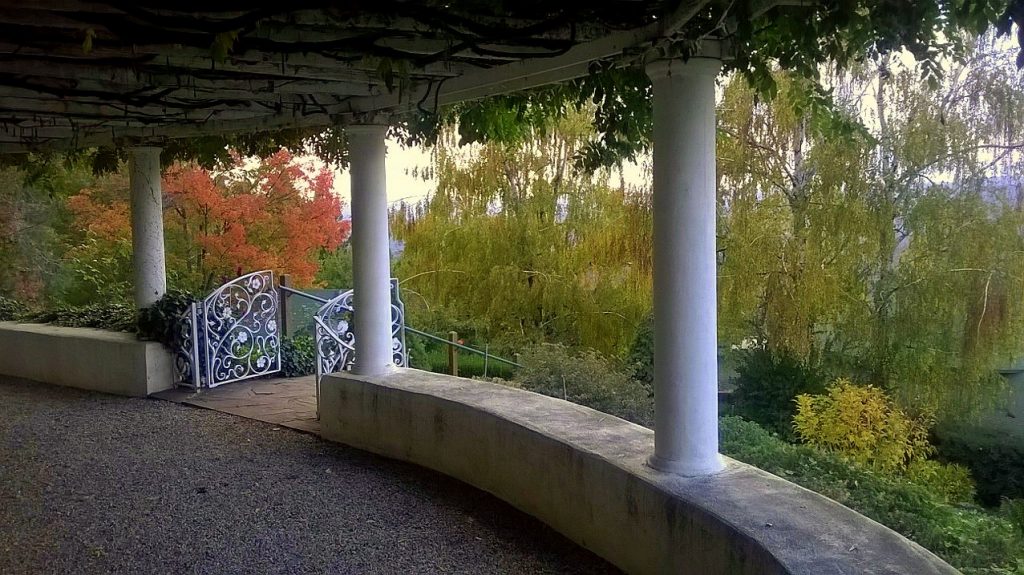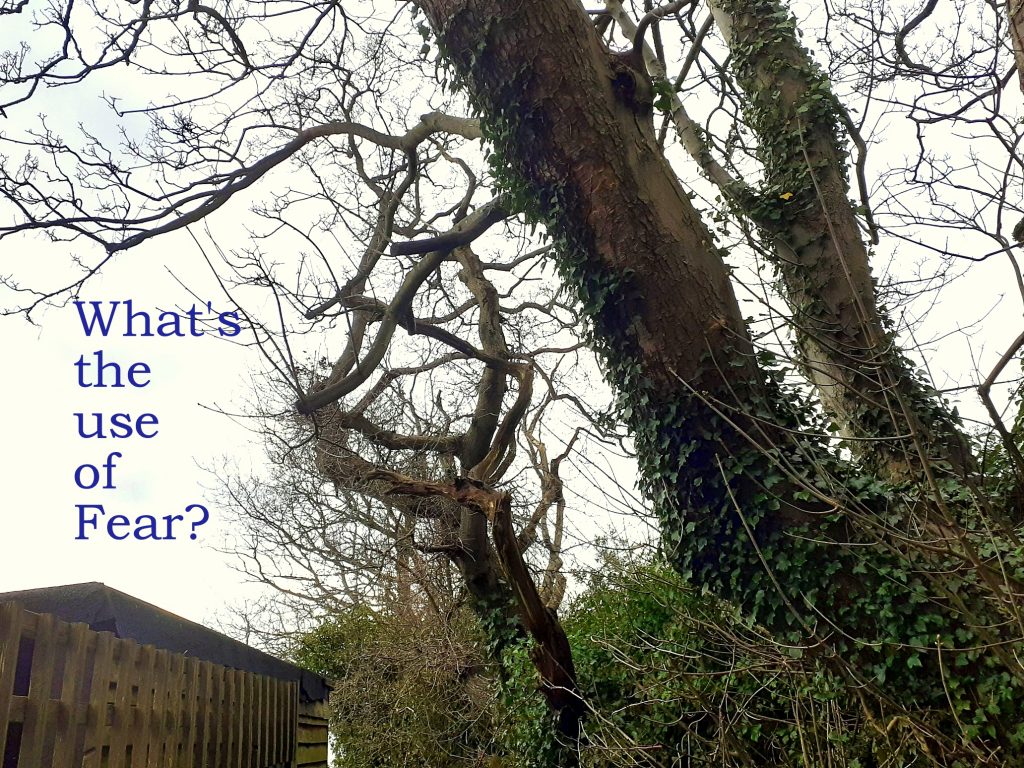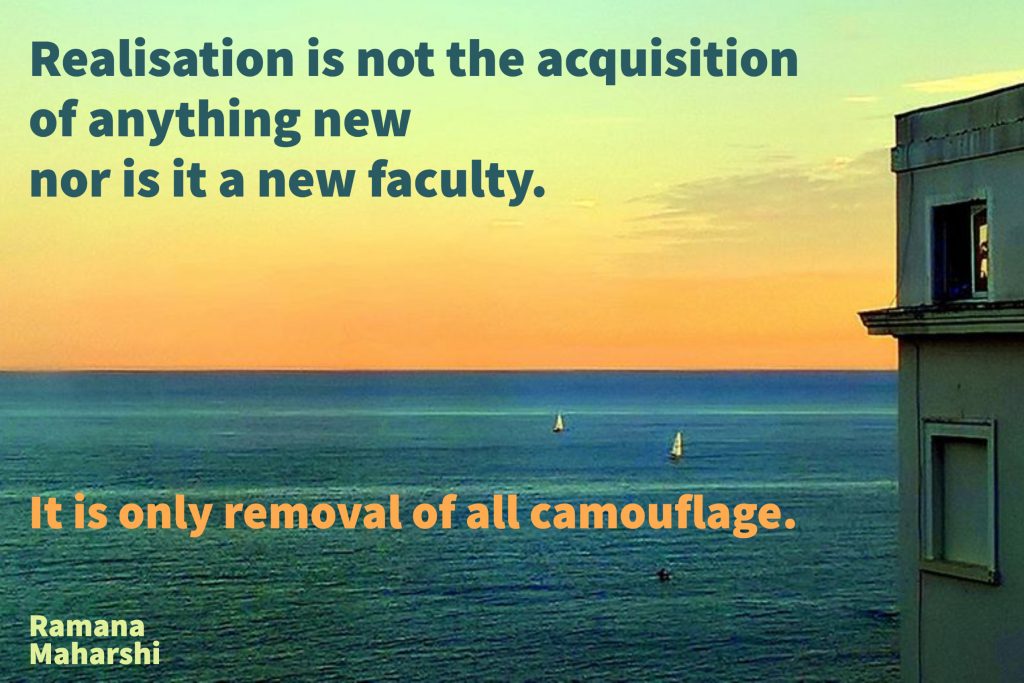It is widely acknowledged that singing is good for you. It lifts the spirits and brings people together. Being part of a singing group, small or large, gives the individual a sense of communality, well-being and achievement. And of course it is well-documented that singing is particularly beneficial for people whose physical and mental functions are impaired. There’s just something about giving voice in song that sharpens everything, as I have discovered through a decade of running The ParkinSongsters.
Set up as a therapy group in 2010 by Parkinson’s UK – Bexhill, Hastings and Rother branch, the initial aim was to provide healthful voice and breathing exercises for people with Parkinson’s to help with the speech and swallowing difficulties that affect so many with the condition. We soon discovered that the most effective way to consolidate the exercises was through singing, and thus The ParkinSongsters was born. 
The group first met on a snowy November afternoon in an ice-cold hall along the Bexhill Road. None of us knew quite what to expect. Founder member, Allan Barfield, had enjoyed singing with The Hastleons until Parkinson’s made it difficult to continue. Determined to keep himself active for as long as possible, he persuaded the local Parkinson’s UK branch to set up the group and I was approached by Allan to run it. Reluctant at first, despite years of facilitating voice workshops for Music Therapy students, Allan’s persistence won and I agreed to give it a go.
Right from the start it was obvious to me that those who came along to this first session shared Allan’s enthusiasm. They entered into the spirit of it all immediately. It is this determination and the subsequent sense of enjoyment and achievement that has kept not only me but the group going from strength to strength over the years. People have come and gone but an essence of each of them remains with us and, I like to think, inspires people who have joined at a later date.
In 2013 the group was asked to sing at a lunchtime concert in Holy Trinity Church and it was such a success that we have not stopped performing since.  Over the years we have sung in all sorts of situations, from churches to care homes, to supermarkets, a flash-mob in Morrison’s and, until recently, an annual Christmas stint in the minstrel’s gallery at Conquest Hospital, serenading visitors with a programme of seasonal songs. In 2016 we made a film about the group, funded by The Big Lottery: “The ParkinSongsters ~ A little film about the large benefits of singing for people with Parkinson’s.” You can watch it at: www.parkinsongsters.co.uk
Over the years we have sung in all sorts of situations, from churches to care homes, to supermarkets, a flash-mob in Morrison’s and, until recently, an annual Christmas stint in the minstrel’s gallery at Conquest Hospital, serenading visitors with a programme of seasonal songs. In 2016 we made a film about the group, funded by The Big Lottery: “The ParkinSongsters ~ A little film about the large benefits of singing for people with Parkinson’s.” You can watch it at: www.parkinsongsters.co.uk
The group has tackled pretty-much all styles, our repertoire ranging from Nursery Rhymes to Crooners songs, folk, opera, humorous and much more. We like to send ourselves up in a light-hearted way. Always Look on the Bright Side of Life being a favourite encore. Some whacky things go on in the name of exercises but we don’t believe in doing things by halves. Everything we do counts in small but meaningful ways towards feeling better and more confident. Above all, when we sing in front of our always enthusiastic audiences, there is a sense of self-validation.
Some whacky things go on in the name of exercises but we don’t believe in doing things by halves. Everything we do counts in small but meaningful ways towards feeling better and more confident. Above all, when we sing in front of our always enthusiastic audiences, there is a sense of self-validation.
After an 18 month gap we booked a date to meet in early September to practice for our delayed tenth anniversary concert. As I helped set up chairs, I wondered if many would come back, but when the hall doors opened at 2.30pm, thirteen keen “songsters” entered, making a beeline for their seats. Despite the freshly-painted hall, glossy floor and smart new clock that told the correct time, everything was back in place for our first live session, and a round of our favourite “wacky” Name Game began…
The Anniversary Concert takes place at St John’s Church, Pevensey Road, St Leonards-on-Sea; Monday 6th December; 3 –4.30pm; With guest tenor, Gary Marriott.
Free entry but donations invited in aid of Parkinsons UK – Bexhill, Hastings & Rother Branch.
The ParkinSongsters meet Mondays, 2.45-4pm at St John’s Church Hall, Brittany Rd. For more details please visit: www.parkinsongsters.co.uk
 Friendships are based on so many different things. Some people are casual friends with whom one meets now and then, accidentally or planned. These friends are often quite “clean”, in that you haven’t smelt each other’s bad breath or shared a heavy emotional time with them. They are duck egg blue friends – which doesn’t demean them. We like a bit of froth or relief from the stain of life. We need levels of friendship.
Friendships are based on so many different things. Some people are casual friends with whom one meets now and then, accidentally or planned. These friends are often quite “clean”, in that you haven’t smelt each other’s bad breath or shared a heavy emotional time with them. They are duck egg blue friends – which doesn’t demean them. We like a bit of froth or relief from the stain of life. We need levels of friendship. Kanagawa wave friends. Others are polite friends that you meet in cafes for an hour, with an oatmeal latte to comfort you when connection falters; friends you know somehow will always hover like beautiful butterflies or moths around the light of your being, but will not, were never destined to dive in; to get too close to the light. True friends risk everything for you – even your friendship. They tell you the truth when you are being an arse, or deluded or egotistical or in love with a hopeless creature. Your friends love you for who you are, there are no caveats, no secrets; no hang-ups.
Kanagawa wave friends. Others are polite friends that you meet in cafes for an hour, with an oatmeal latte to comfort you when connection falters; friends you know somehow will always hover like beautiful butterflies or moths around the light of your being, but will not, were never destined to dive in; to get too close to the light. True friends risk everything for you – even your friendship. They tell you the truth when you are being an arse, or deluded or egotistical or in love with a hopeless creature. Your friends love you for who you are, there are no caveats, no secrets; no hang-ups.

 During the first Lockdown I would share my delight in the walks I was taking through the newly discovered (to me) footpaths in Upper St Leonards. She knew the paths well and remembered the variety of plants, trees and flowers that grew there and so every week in the absence of cut flowers, I would bring back a modest selection of whatever was in season to brighten her living room. Her favourite was the bluebell and in late March, impatient for sight of them, she’d ask, “Is it time yet?”
During the first Lockdown I would share my delight in the walks I was taking through the newly discovered (to me) footpaths in Upper St Leonards. She knew the paths well and remembered the variety of plants, trees and flowers that grew there and so every week in the absence of cut flowers, I would bring back a modest selection of whatever was in season to brighten her living room. Her favourite was the bluebell and in late March, impatient for sight of them, she’d ask, “Is it time yet?” Francesca loved the company of women. Every year on her birthday she would have a “girls only” celebration and we would drink prosecco and toast her with slices of rather rich fruit cake, baked, iced and decorated by a friend. On her 100th birthday, determined to celebrate it, we all stood out on the Terrace on a chilly, dry November day in the midst of Lockdown and toasted Francesca as she sat with her subjects around her, the card from the Queen in one hand, a glass of prosecco in the other. She made it. Not just made it. She made it special. All of it.
Francesca loved the company of women. Every year on her birthday she would have a “girls only” celebration and we would drink prosecco and toast her with slices of rather rich fruit cake, baked, iced and decorated by a friend. On her 100th birthday, determined to celebrate it, we all stood out on the Terrace on a chilly, dry November day in the midst of Lockdown and toasted Francesca as she sat with her subjects around her, the card from the Queen in one hand, a glass of prosecco in the other. She made it. Not just made it. She made it special. All of it. It had been a joy to witness these young professionals and their smiling accompanist, ply their trade in living, breathing person. It reminded me how powerful it is to experience live performance (of any kind), where the performers’ desire to give to the audience becomes a gift to both. It says something when the performers emotionally thanked the audience at the end for being there. It was a teary moment.
It had been a joy to witness these young professionals and their smiling accompanist, ply their trade in living, breathing person. It reminded me how powerful it is to experience live performance (of any kind), where the performers’ desire to give to the audience becomes a gift to both. It says something when the performers emotionally thanked the audience at the end for being there. It was a teary moment. Here she was in a clever one woman show devised by her in which she told the story of Ethel Merman. The performance was peppered with passionate and funny songs between salty tales of Merman’s four marriages. It was a triumph, and we, the socially-distanced audience, clapped and whooped Rosie and her excellent accompanist at every opportunity.
Here she was in a clever one woman show devised by her in which she told the story of Ethel Merman. The performance was peppered with passionate and funny songs between salty tales of Merman’s four marriages. It was a triumph, and we, the socially-distanced audience, clapped and whooped Rosie and her excellent accompanist at every opportunity. For these past few years I have taught singing to people who love to join with others in amateur performance, either as soloist or choir member. I also run a singing group (in days we once called “normal”) for people with Parkinson’s that helps improve not only vocal function, but quality of life, not least of which is the joy of sharing with others. Now we – well the few members who can face it – are banished to Zoom. We battle with bad signals and other technical hitches, doing the best we can with a technology that is an unsatisfactory experience even at best. We do not mute our mics and sing to ourselves as so many choirs do. Personally I don’t see the point of that. Instead we take a verse each and sing to each other, thus making the best of a poor deal. Roll on live meetings.
For these past few years I have taught singing to people who love to join with others in amateur performance, either as soloist or choir member. I also run a singing group (in days we once called “normal”) for people with Parkinson’s that helps improve not only vocal function, but quality of life, not least of which is the joy of sharing with others. Now we – well the few members who can face it – are banished to Zoom. We battle with bad signals and other technical hitches, doing the best we can with a technology that is an unsatisfactory experience even at best. We do not mute our mics and sing to ourselves as so many choirs do. Personally I don’t see the point of that. Instead we take a verse each and sing to each other, thus making the best of a poor deal. Roll on live meetings.
 Some days it can look like a dystopian nightmare and others a utopian world full of natural wonders, peace and harmony. Such is human nature that we will inevitably swing between the two: dark and light, bad and good. There is a richness to being embroiled in both sides. Though a soaring of spirits may occur with the lighter vision or a plunging into the depths with the darker one, this accelerated roller-coaster of feeling has the potential to lead to the rediscovery of our raison d’être – individually and collectively.
Some days it can look like a dystopian nightmare and others a utopian world full of natural wonders, peace and harmony. Such is human nature that we will inevitably swing between the two: dark and light, bad and good. There is a richness to being embroiled in both sides. Though a soaring of spirits may occur with the lighter vision or a plunging into the depths with the darker one, this accelerated roller-coaster of feeling has the potential to lead to the rediscovery of our raison d’être – individually and collectively.  As I see it, it is where we come from in our “being-ness” that gives true reason, or purpose, to expression. The sounds and frequencies of the whole universe are inside of us. They just need calling out.
As I see it, it is where we come from in our “being-ness” that gives true reason, or purpose, to expression. The sounds and frequencies of the whole universe are inside of us. They just need calling out. 

 There is no baggage, no history. You chat about dogs; the wonders of living in St Leonard’s. Many are DFLs (down from Londoners) who have a born-again texture to their joy. I remember that same sense of wonder 35 years ago which has been rekindled in this time of apparent deprivation. They talk about the sea, the clean air, but most of all about their dogs and the things dogs get up to; all shared communality. This morning a man with two border collies was being dragged forward by the young one and back by the old one. “Gilbert sit or stay whichever command you like!” he shouted jovially. Gilbert did neither. Later I saw him again and asked if the old one was called Sullivan. “No” he said, ‘but he should be.”
There is no baggage, no history. You chat about dogs; the wonders of living in St Leonard’s. Many are DFLs (down from Londoners) who have a born-again texture to their joy. I remember that same sense of wonder 35 years ago which has been rekindled in this time of apparent deprivation. They talk about the sea, the clean air, but most of all about their dogs and the things dogs get up to; all shared communality. This morning a man with two border collies was being dragged forward by the young one and back by the old one. “Gilbert sit or stay whichever command you like!” he shouted jovially. Gilbert did neither. Later I saw him again and asked if the old one was called Sullivan. “No” he said, ‘but he should be.” They say weeds multiply and their roots kill off the more worthy plants. A poppy is a kind of weed, an interloper. Each year in my tiny garden a poppy or two or more grow in a different spot, or out of the cracks between the well-worn slabs on my walkway, their random seeds impregnating the earth without a by your leave. And I love it. Can’t wait to see what will appear each spring and where. But disharmony injustice, marginalisation of animals, plants trees humans, has at its root cause the idea of one being better than the other. Celebrating difference rather than fearing it is our greatest fear. We’ve learnt to stamp out the different: I’m a flower you’re a weed. No. I live and you live and we are equal.
They say weeds multiply and their roots kill off the more worthy plants. A poppy is a kind of weed, an interloper. Each year in my tiny garden a poppy or two or more grow in a different spot, or out of the cracks between the well-worn slabs on my walkway, their random seeds impregnating the earth without a by your leave. And I love it. Can’t wait to see what will appear each spring and where. But disharmony injustice, marginalisation of animals, plants trees humans, has at its root cause the idea of one being better than the other. Celebrating difference rather than fearing it is our greatest fear. We’ve learnt to stamp out the different: I’m a flower you’re a weed. No. I live and you live and we are equal.

 In the first Lockdown last March I spent many hours walking through the footpaths and surrounding countryside in Upper St Leonards. All through that time I watched nature press up from the earth, stretch the fingers of bare branches, plump out shrunken hedgerows and everyday I saw walls and fences sprout little flowers from infinitesimal cracks. I wrote about it – not poems as such but with a lyrical turn of phrase that one might call poetic. I posted these almost daily walks, with accompanying photos, to Facebook. I had never used Facebook in that way before, but it gave me a focus, a raison d’être, and I believe gave some pleasure to those who came across the posts. The plan is to publish these walks on my site at some point.
In the first Lockdown last March I spent many hours walking through the footpaths and surrounding countryside in Upper St Leonards. All through that time I watched nature press up from the earth, stretch the fingers of bare branches, plump out shrunken hedgerows and everyday I saw walls and fences sprout little flowers from infinitesimal cracks. I wrote about it – not poems as such but with a lyrical turn of phrase that one might call poetic. I posted these almost daily walks, with accompanying photos, to Facebook. I had never used Facebook in that way before, but it gave me a focus, a raison d’être, and I believe gave some pleasure to those who came across the posts. The plan is to publish these walks on my site at some point.


 This quote from Maya Angelou was on the wall of a modern church – one of those independent churches that was roomy and filled with light. Pictures with quotes on them like this one were scattered all over the walls, which is all I can remember of my time spent there.
This quote from Maya Angelou was on the wall of a modern church – one of those independent churches that was roomy and filled with light. Pictures with quotes on them like this one were scattered all over the walls, which is all I can remember of my time spent there. The architecture of the sacred buildings and the almost sculpted gardens give you a sense of peace and majesty. I would like to have stayed there, not to have taken part in one of the intense yoga courses, but to walk amongst the trees and sit on a terrace in the tiered gardens, or round the little pond overlooked by a modest stone Buddha. I am reliving this visit as I type and a sense of the trees, soft light and space settles in my heart, heightened by the atmosphere engendered by a place dedicated to spiritual practice.
The architecture of the sacred buildings and the almost sculpted gardens give you a sense of peace and majesty. I would like to have stayed there, not to have taken part in one of the intense yoga courses, but to walk amongst the trees and sit on a terrace in the tiered gardens, or round the little pond overlooked by a modest stone Buddha. I am reliving this visit as I type and a sense of the trees, soft light and space settles in my heart, heightened by the atmosphere engendered by a place dedicated to spiritual practice.
 Good question. Earlier, as I sat with my coffee on my window seat watching the light seep in and the sea silently pawing the shingle, I pondered the fact that a person not skilled in psychology, a politician playing a part of a this or that Secretary, had told the entire population of England to act as if they had the virus! The fact that this was a serious directive given to the masses to actually practice made me contract inside. Where is the positive psychology in that?
Good question. Earlier, as I sat with my coffee on my window seat watching the light seep in and the sea silently pawing the shingle, I pondered the fact that a person not skilled in psychology, a politician playing a part of a this or that Secretary, had told the entire population of England to act as if they had the virus! The fact that this was a serious directive given to the masses to actually practice made me contract inside. Where is the positive psychology in that? You watch a cat when it senses another cat, or a dog. It freezes and then, depending on the degree of threat, will fight or skedaddle. Simple as that. The same goes for us. If a man is following us, or a car swerves towards us, we run. But if fear is not imminent in a physical sense, but only ‘hearsay fear’, it becomes fuelled by imaginary situations that may or may not happen, and the energy or adrenaline of fear has nowhere to go but inwards where it has every chance of weakening our immune system. Undispersed fear becomes dread and impedes the flow of life. Living a life in fear and dread literally stops life in its tracks.
You watch a cat when it senses another cat, or a dog. It freezes and then, depending on the degree of threat, will fight or skedaddle. Simple as that. The same goes for us. If a man is following us, or a car swerves towards us, we run. But if fear is not imminent in a physical sense, but only ‘hearsay fear’, it becomes fuelled by imaginary situations that may or may not happen, and the energy or adrenaline of fear has nowhere to go but inwards where it has every chance of weakening our immune system. Undispersed fear becomes dread and impedes the flow of life. Living a life in fear and dread literally stops life in its tracks.
